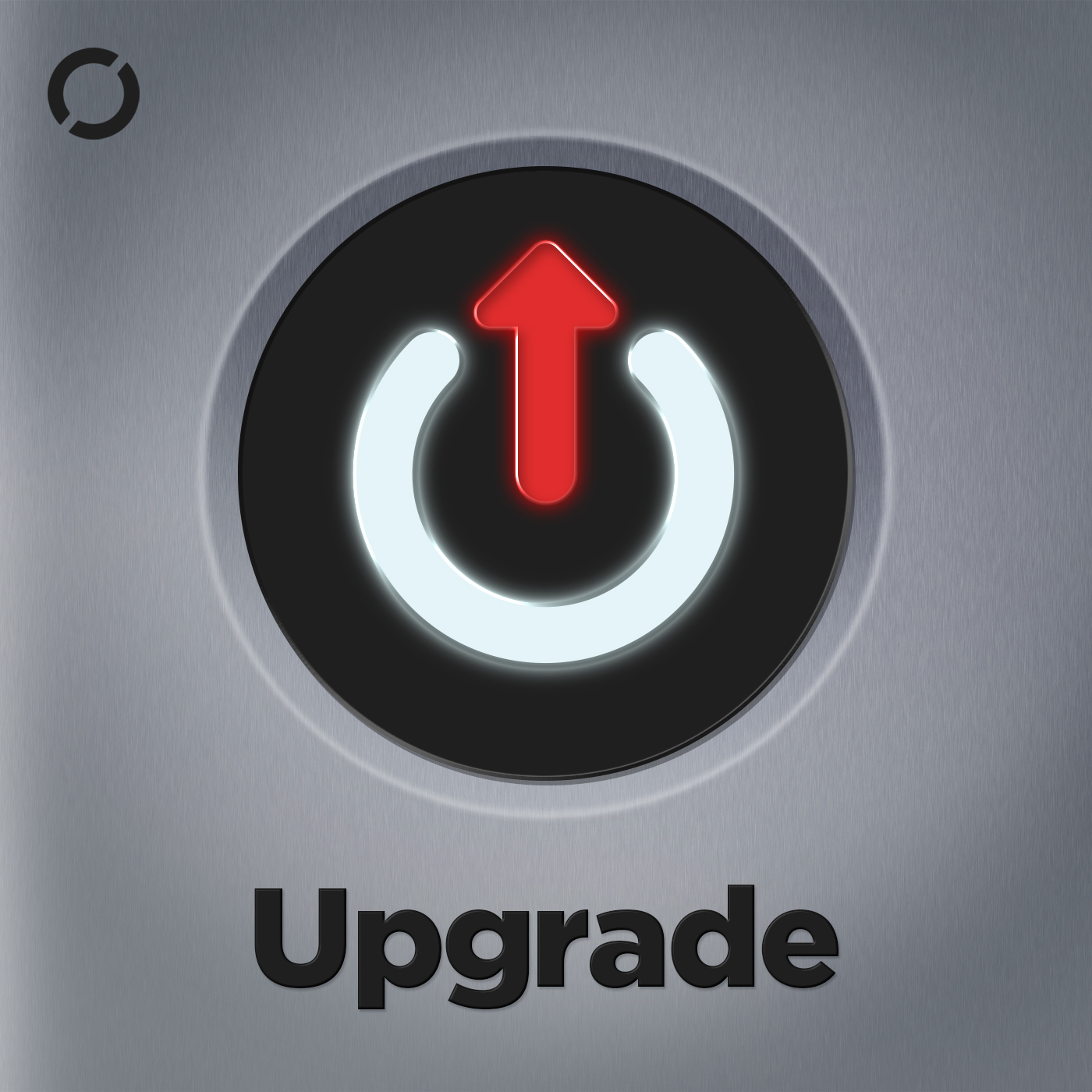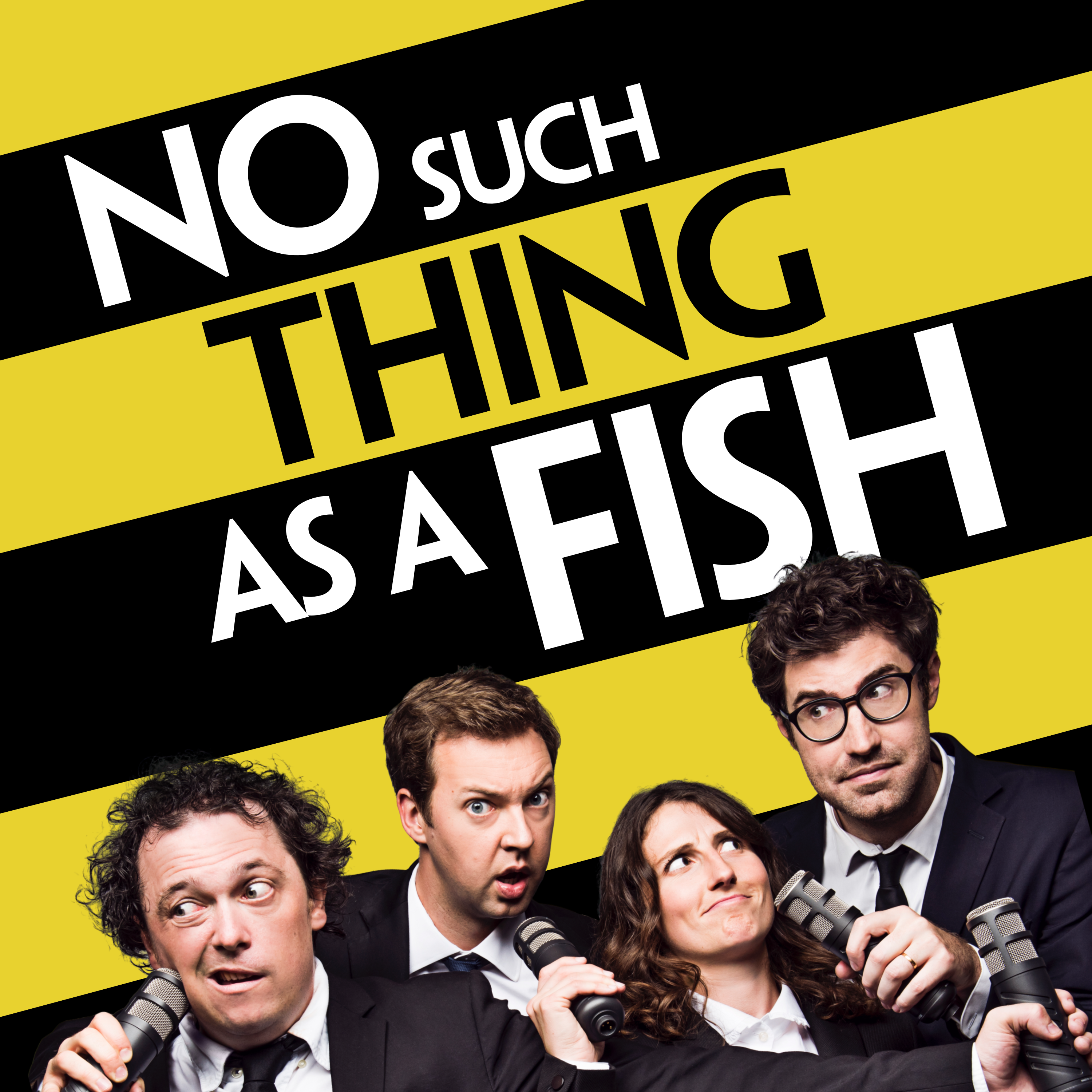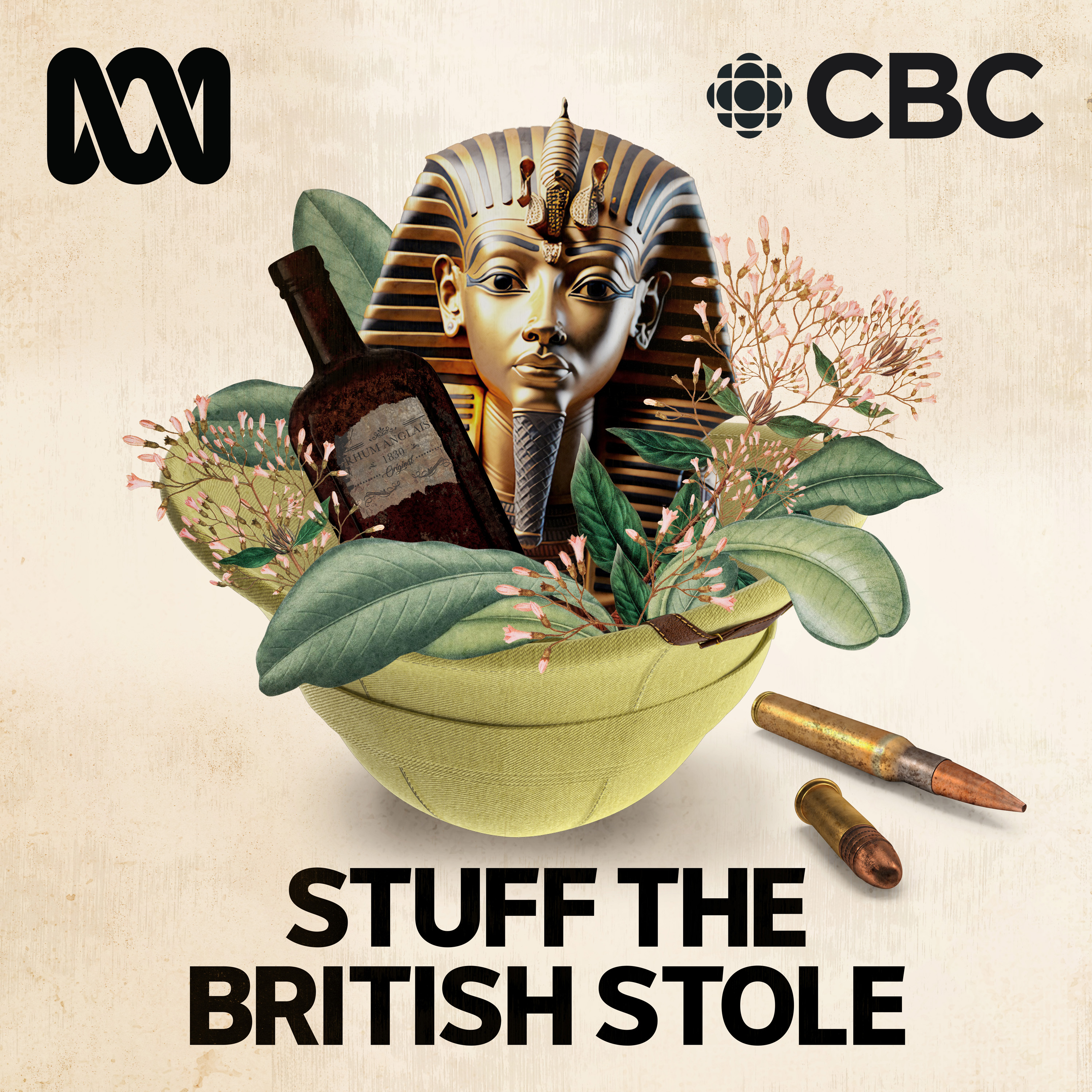
Piano, finally
Piano Finally is a podcast by an old bloke who is learning the piano, finally. I cover the process of learning the piano and music theory as an adult learner. I also review piano books, hardware and other materials from an adult learner's perspective.
Piano, finally
Episode 23 - Finding Time
Have you ever wondered if you can truly learn a new instrument later in life? Join me, David Reidy, as I share my personal adventure of learning piano in my later years in the latest episode of "Piano, Finally." With the invaluable guidance of my teacher, Devi, I've been transforming sheet music into a playable reality, focusing particularly on Adele's "Someone Like You." I'm thrilled to share the progress I've made and dive into the intricate details of mapping chords and perfecting my fingering. Plus, I highlight how our community of piano enthusiasts is flourishing, offering a space to connect and grow together. For those looking to enrich their listening experience, I recommend checking out Deutsche Grammophon's Stage Plus streaming service, where you can immerse yourself in Grigori Sokolov’s exceptional performances.
You can contact me:
- via email at david@pianofinally.show; this is probably the best option
- the show website, www.pianofinally.show
- Instagram and Threads @pianofinally
- and on YouTube
- all the podcast directories - list
- here's the RSS feed
Some of the links to books and other items mentioned in the podcast may affiliate links for Amazon or other providers. If you use one of these links, a commission may be paid to me at no additional cost to you. Thank you if you use a link.
All reviews of products, websites and services are unpaid, and no sponsorship has been received for any content on this podcast.
G'day everyone. I'm David Redy. Welcome to Piano. Finally, a podcast by an old bloke who's getting around to learning the piano. Finally, welcome to show 23. Thank you for taking the time to listen. If this is the first time you've heard the podcast, I hope you enjoy what's here. Let me know if you're learning the piano, like I am, or another musical instrument, and let me know how you're going with it. You can contact me at david at pianofinallyshow and if you're a returning listener. Thanks very much for coming back.
David Reidy:It has been an interesting week for the podcast. I got a couple of emails from people saying hello and commenting about the show. Thank you very much for getting in touch. I also received a message from one of the piano course companies offering the opportunity for an interview. I'm going to look into that and I'll let you know what is happening once I've checked their product out properly. The number of followers on my various social media accounts has increased hugely over the past week, mostly from people I work with. Hello to all of you. You know who you are. I hope you continue enjoying the show.
David Reidy:During my last lesson, I spoke with Devi, my piano teacher, about the Adele song and performing it. Next year we spent most of the lesson looking at the music and analysing it. Devi showed me a way of working through the piano piece and turning it from the sheet music into a version that mapped the chords in their different forms. Then we worked on the fingering and I've been practising it this week. It is much simpler than I thought and although I still have to work on getting better at hands together, I think it is definitely doable. So I'll be saying yes to the performance, although there's still a lot to be organised before it happens. I've mentioned before that I have a subscription to Deutsche Grammophon's Stage Plus streaming service, and this week's suggestion comes from there. They're about to start streaming Fabian Muller's eight performances covering all the Beethoven piano sonatas, but in the meantime, there are plenty of great piano performances to watch.
David Reidy:While I've been putting together this week's episode, I've been watching and listening to a concert from Turin with Grigori Sokolov playing pieces by Mozart, beethoven and other composers. The concert opens with two Mozart sonatas and a Fantasia, followed by two Beethoven sonatas. Works by Schubert, chopin, rameau, schumann and Debussy all round out the concert, which runs to 140 minutes. As you would expect from a Deutsche Grammophon production, the sound quality is excellent, but there's something extra. I've been watching a lot of live performances recently, and the one thing that can be somewhat annoying is the sounds coming from the audience. In some cases, the concerts sound as if they were recorded in a respiratory diseases hospital ward. In this concert, either the Italian audience is incredibly healthy or the DG engineers have successfully mostly filtered out most of the audience contributions to the performance. I hope it's the former, but I suspect it's the latter. The video production is great too. There are six or seven different camera angles, but the director has chosen to use shots where you can see Mr Sokolov's hands on the keyboard quite clearly, where you can see Mr Sokolov's hands on the keyboard quite clearly. The very opening shots as Mr Sokolov makes its way to the stage really set the scene and, of course, the performance itself is world-class. To watch the performance you need a paid subscription to the Stage Plus service, but there are quite a few concerts and other productions available for free, including another one by Grigory Sokolov in which he plays Purcell, mozart and some others. I certainly recommend giving the stage plus a try and Grigori Sokolov's performances a watch.
David Reidy:Learning to play the piano takes time, lots of time. As you know, I watch a lot of pianists on YouTube and even those who seem to have made it to the highest level are still practicing and refining their playing, even after decades of professional success. So, despite the promises of some YouTubers and piano scam artists, learning to play the piano is not something that you will be done with overnight. Can you find the 10 or more years needed to become a reasonably proficient pianist? Well, probably. Unless you're aiming to become a concert pianist, learning to play will be one of those things. You'll fit around the other things going on in your life. If you've seen the movie Groundhog Day, you'll know that if you give something enough time, you can make amazing progress.
David Reidy:The problem is not finding the years that are needed to progress. The problem is finding the small amount of time each day to make incremental improvements. There is a meme that says that if you make a 1% improvement every day for a year, you will be 37 times better than when you began. 37.7 being 1.01 to the power of 365. Being 1.01 to the power of 365. Of course, the idea is fine, but the details are rubbish If I start the year only being able to play a five-finger scale and end being able to play a 16-bar piece with both hands. Is that 37 times better? How would you measure something artistic being 30 times better? In any case, the maths might be dodgy, but I think everyone acknowledges that regular daily practice is the most effective way to learn things, including the piano. This is something I've been adjusting since I started at the beginning of the year and I think I'm up to about version 27 by now.
David Reidy:I need to find a block of time 20 to 30 minutes that I can reliably have available to sit down and practice. But just having the time available isn't enough. It has to be the right sort of time. Nearly everyone has a busy life. I'm sure that there are some people who have time to sit around and do very little, but I'm not one of those people, and neither are the people I work with and neither are many of the students I teach. There's always something else that needs doing, and some of those things are of a high enough priority that they will push other activities out of the way. So the time I need to practice has to be time that is difficult to displace.
David Reidy:Emergencies happen, such as forgetting to turn the morning alarm back on at the end of the holidays, but under normal circumstances, practice time should be hard to move. My regular practice time is now first thing in the morning, and although that means there is still everything else in the day left to do, I just get up half an hour earlier and start the rest of my day at the regular time. This works well for me, as most of the things I do can't start until I arrive at work, which is around 8am each day, and so the practice can't get moved by that. I've also found that I'm much more attentive to what I'm doing first thing in the morning compared with later at night. I try to get a second practice session in after work, but I've found that it is this session that normally gets pushed out of the way by after school activities, family activities, getting the shopping done and any number of other things that can't happen in the half hour I've had at the start of the day. For me, the day now starts with practice, a swim and then off to work. It's working at the moment, and at least half an hour of practice gets done. If you are having trouble getting a consistent time to practice, may I suggest getting up earlier and trying to fit it in then I also now go to bed half an hour earlier, which isn't a problem after a full day of teaching, if you don't have a silent piano and you live within fortissimo distance of others. This may not be a popular choice, but if you can get away with it, give it a try.
David Reidy:This week's review is a piece by Tchaikovsky, but not the one you're probably thinking of. Back in the last century, I started subscribing to Audible before it was bought by Amazon, and over the years since I've subscribing to Audible before it was bought by Amazon and over the years since I've listened to a lot of audiobooks. It's what I have on in the car when I've run out of podcasts. Back when I was travelling by train for four hours every day, I used to get through a lot of content. I still listen, and this week's suggestion is the book that I've just finished listening to Service Model by Adrian Tchaikovsky. See, it's not the one you were thinking of. Also, tchaikovsky is spelt differently, though not in the book titles. Adrian Tchaikovsky is a British author who is well known in science fiction circles and who has won a number of very prestigious writing awards, notably the 2023 Hugo Award, which he has now refused because some riders were excluded from the competition so as not to offend the Chinese government where the awards were being held.
David Reidy:The service model is told from the point of view of UnCharles, a valet robot that finds itself a little outside of its normal environment. It becomes a vast tale about a possible future in which robots mostly replace human labour, and what happens to people as a result. It is an immensely entertaining story with many complex ideas and a look at a possible future. The section that takes place at the farm seems just too real. The audiobook is on Audible and is read by the author, who is great to listen to and who delivers the story and characters perfectly At just under 12 and a half hours. It's well worth a listen.
David Reidy:Well, that's it for this week. If you'd like to contact me, email is the best way. You'll find me at david at pianofinelyshow and the website at wwwpianofinallyshow. In both cases, pianofinally is all one word. Let me know where you are in your piano journey. The show is also on Facebook and Instagram and is available as audio only on YouTube. You can subscribe via any popular iOS or Android podcast application or from directories such as Apple Podcasts, spotify or Player FM. So until the next episode. I hope your piano stays in tune and you enjoy your time at the Keys.
David Reidy:I'll put two pieces into this week's progress. The first is the Canon by Fritz Spindler which I've been working on. It has come along quite nicely. It still needs a little bit of work on the dynamics as it moves between the two hands, but it's getting close to the right speed and I can play it fairly reliably. The second piece is the piano part of Someone Like you by Adele, the piece I'm getting ready for performance. At the moment it's just the opening four bars but that's already half the chords in the whole piece. As you'll hear, the tempo is still a little uneven as I work to get both hands working together, but I think it's a good start. The recording was made using the Kawaii NV-10 as the keyboard and Piano Tech 8 running on the Mac Mini. Piano Tech is set up with the Bosendorfer 280VC in player mode for the Canon and the U4 Upright in open mode for the Adele piece.
Podcasts we love
Check out these other fine podcasts recommended by us, not an algorithm.

Connected
Relay
Upgrade
Relay
No Such Thing As A Fish
No Such Thing As A Fish
We Can Be Weirdos
Global
Stuff The British Stole
ABC and CBC
The iDeveloper Podcast
Steve Scott (Scotty) & John FoxRaven On: A Pop Culture Podcast
Natalie Bochenski & Stuart Layt
Smart Enough to Know Better
Dan Beeston & Greg Wah
TopMusic Piano Podcast
Tim Topham
The Chopin Podcast
Garrick Ohlsson and Ben Laude


